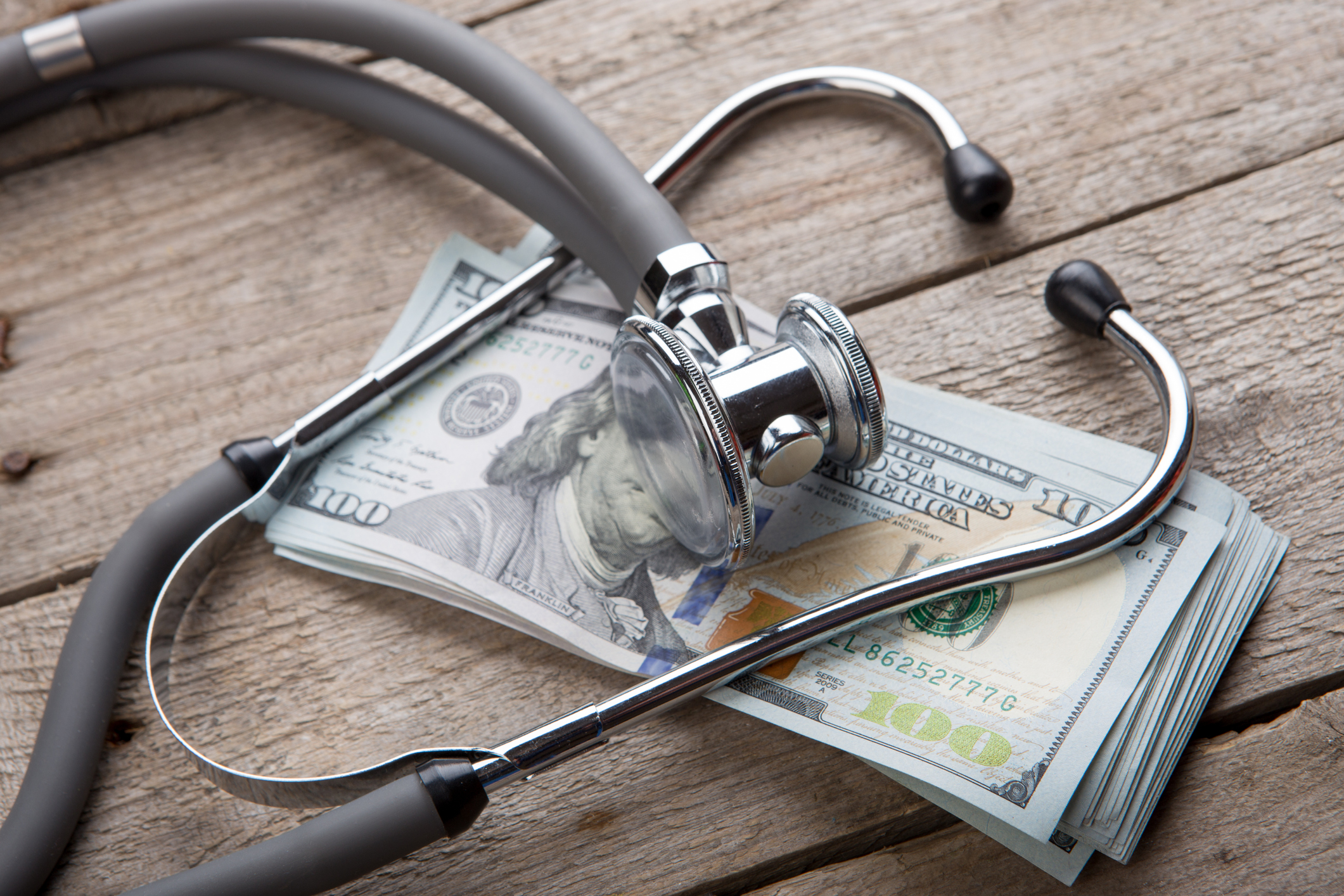
TYLER, Texas (BP) — Hundreds of homes throughout East Texas got an unusual yellow envelope in their mailboxes, thanks to one Southern Baptist church in Texas.
 It wasn’t a church invite or junk mail. Instead, it could be worth tens of thousands of dollars for the recipients.
It wasn’t a church invite or junk mail. Instead, it could be worth tens of thousands of dollars for the recipients.
Facilitated by more than $45,000 in generous gifts in August, Green Acres Baptist Church in Tyler, Texas, is working with a nonprofit toward paying off $4 million in medical debt for their East Texas neighbors.
David Dykes, the church’s pastor, noted that Tyler is the medical capital of East Texas, with several large medical facilities. “Through my relationship with Mother Frances Hospital, I know just that one hospital is carrying like $157 million of unpaid bills,” he said.
“It’s a problem that’s crippling many families.
“The Bible says to ‘bear one another’s burdens and so we fulfill the law of Christ,'” he noted. “The only law of Christ is to love God and love your neighbor. Because the need was so great, we felt like this was the perfect thing for us to do.”
Helping with medical bills is part of Green Acres’ larger Kindness 25:40 initiative, based on Matthew 25:40: “Truly I tell you, whatever you did for one of the least of these brothers and sisters of mine, you did for me.”
As part of the initiative, Green Acres challenged its members to participate in a variety of acts of kindness in the community. The church encouraged members to go through fast-food drive through lines and pay for their bill and the bill of the car behind, for example. They also gave away free water at a local park, washed the windshields of hundreds of cars in their parking lot during a local school district event, and paid for people’s laundry at local laundromats.
To pay off the medical debt, Green Acres contacted RIP Medical Debt, a national nonprofit that has helped organizations, like churches, abolish $715 million of debt since its 2014 founding. Green Acres members gave more than $45,000 to the effort.
Founded by a pair of men with experience as debt collectors, RIP Medical Debt began as a response to the growing impact of debt on the lives of the poor nationwide. Craig Antico, one of the cofounders, noted that half of all debt collectors are collecting money for medical debts and, according to a recent article in The Atlantic, half of all overdue debt on Americans’ credit reports is from medical expenses.
“If we can end the hardship of medical debt, then our medical system will work,” Antico said. “What we’re saying is that the reason it doesn’t work is that [medical debt] ruins people. They’re like one illness or accident away from financial ruin. If we can remove the financial ruin in people’s lives because of medical debt, then we’re doing what we set out to do.”
RIP buys “portfolios of medical debt” for about $1 per $100 of debt, which allows organizations like Green Acres to get maximum benefit from their donations. RIP uses a digital algorithm to identify the people with the biggest need for the debt relief, focusing on people with debt payments equal to more than 5 percent of their income or those who earn less than two times the federal poverty level. Because of the unique way the company acquires and forgives the debt, RIP doesn’t individually choose any of those whose debt is forgiven.
Antico said RIP has worked with 60-plus churches nationwide to forgive medical debts. Churches and other faith groups are particularly well-suited to impact medical debt, he said, because most religious traditions encourage participants to help people overwhelmed with debt. He pointed particularly to passages in the Torah that describe the Day of Jubilee.
“I don’t know if it’s going to get people to come to church,” Antico said. “But it does give people a renewed sense of faith…. I’ve had many people write us that this was an answered prayer. ‘It’s a miracle that you guys are in existence,’ they say.”
Antico encourages churches that want to relieve medical debt to go beyond their own community. It’s usually difficult to only target a few nearby zip codes with the relief effort (particularly in rural areas) but RIP can help churches focus their efforts on a region, a state or a specific group of people such as first-responders or veterans. He said an emerging desire among donors is to help people in struggling regions around the country like Appalachia. Smaller churches that want to participate can easily partner with other nearby churches to multiply their impact in medical debt relief.
Dykes says he hopes relieving the medical debt — along with the church’s entire Kindness 25:40 initiative — will help the community experience God’s love in a practical way.
“I think sadly the church has been largely characterized by what we’re against instead of being a positive force for showing God’s love,” Dykes said.
“Increasingly, we live in such a divided culture — politically divided, racially divided. Without a doubt, we’ve seen an increase of violence…. So I like to tell people the only way we’re going to extinguish this fire of hatred and racism is with a tsunami of kindness. That’s what we’re trying to do. That’s really our church’s emphasis for 2020” in a year that will be particularly divisive because it’s an election year.
To learn more about how a church can be involved in helping people relieve their medical debts, visit www.ripmedicaldebt.org.















